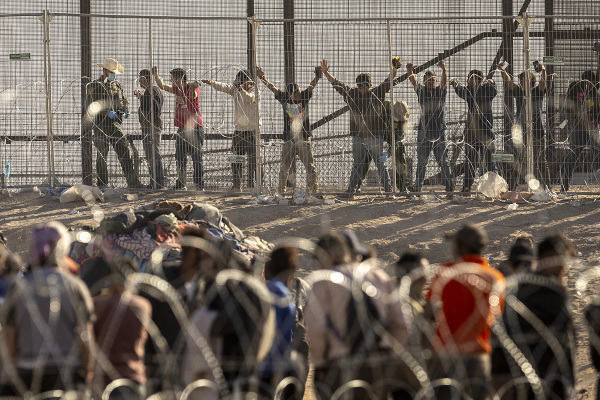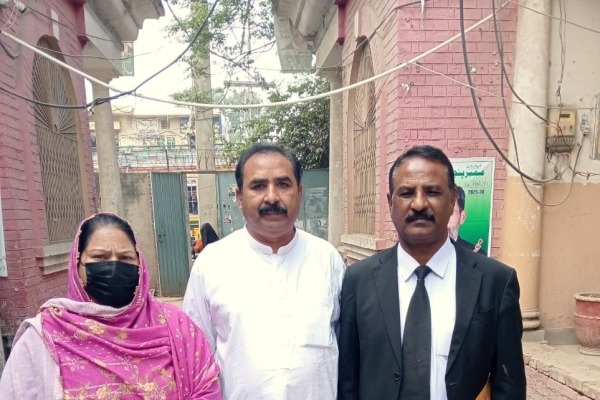Zimbabwe Political Deadlock Worries Global Church Body
Zimbabwe's high court ruled Monday against forcing the country's electoral commission to release the long-overdue results of the March 29 presidential election.
The opposition party, Movement for Democratic Change (MDC), which filed the petition on April 4, said it plans to appeal the ruling in the Supreme Court, according to CNN. The MDC had hoped the high court would force the release of voting results and end the more than two weeks of election deadlock. It accuses President Robert Mugabe and his Zanu-PF party of buying time to rig the results.
"It's a very sad day in Zimbabwe," MDC lawyer Andrew Makoni said, according to The Associated Press. The court "has given the Zimbabwe Electoral Commission a blank check. We don't know when the ZEC will be ready with results. We don't know what specific time would be reasonable in the eyes of the court."
The government, however, claims the court's ruling is correct because it allows the electoral commission more time for a careful count of the results. Moreover, ZEC is said to be planning a recount of votes of all four elections – presidential, upper and lower houses of parliament and local races – beginning on Saturday, according to opposition lawyer Selby Hwacha.
In regards to the presidential election, Zimbabwe's state-run newspaper, The Herald, claims neither Mugabe nor Tsvangirai garnered the 50 percent plus one vote needed to avoid a runoff.
The MDC, however, claims its candidate, Morgan Tsvangirai, won the election based on its own calculations from vote counts posted outside polling stations.
"No one is going to steal this election," said Tendai Biti, MDC's secretary-general, to CNN. "Mugabe is exposing himself, the SADC (Southern African Development Community) has exposed his weaknesses, but the people of Zimbabwe have made their voices heard."
Over the weekend, opposition leader Tsvangirai was in Zambia's capital Lusaka for an "emergency summit" that convened the 14-nation Southern African Development Community (SADC)'s heads of state.
The World Council of Churches applauded the effort of Zambian President Levy Mwanawasa in calling the meeting.
"It is the sovereign right of the people of Zimbabwe to choose their leaders, define the future of their country and insist upon a peaceful transition", wrote the WCC general secretary, the Rev. Dr Samuel Kobia, in a letter to Mwanawasa on Friday.
But media reports say the summit failed to pass any concrete measure and only urged the electoral commission to quickly release results. There was also no direct mention of Mugabe, nor criticism of the Zimbabwe Electoral Commission's decision to recount votes.
Instead, it drew up a two-page report that said the elections were free and the current government was legitimate because the results have not been all counted yet.
After the court ruling, the opposition said it would stage a nationwide "stay-away" from work protest on Tuesday, according to AP.
Mugabe has ruled the southern African country since its independence from Britain in 1980. In the beginning, he was a popular national hero for his fight for independence. But then his popularity plummeted along with the country's economy, which currently includes an unemployment rate of about 80 percent and inflation at more than 100,000 percent.
His violent response to critics of his government and widespread accusations of corruption further hurt his image both inside and outside Zimbabwe. Many believe that Mugabe rigged the results of the 2002 election in which he also faced Tsvangirai.
"We want to register our deep concern about the implications of the current political crisis which may be not only regional but also international," wrote the WCC's general secretary in a letter to U.N. Secretary General Ban Ki-moon dated Friday.
"It is my sincere hope that this critical situation will be addressed as a high priority of the international community until peace, justice and stability again become a reality in Zimbabwe," Kobia added.






















